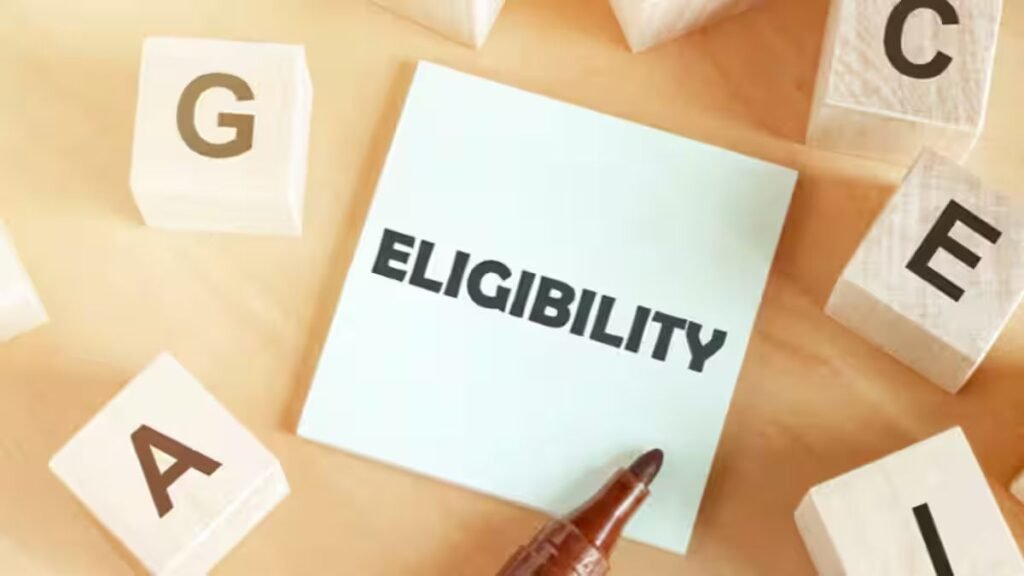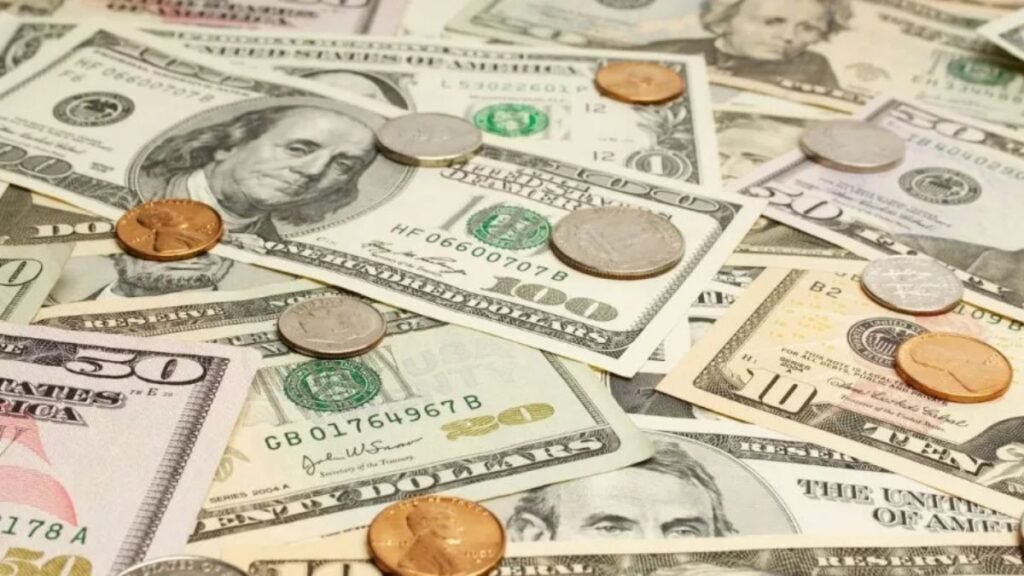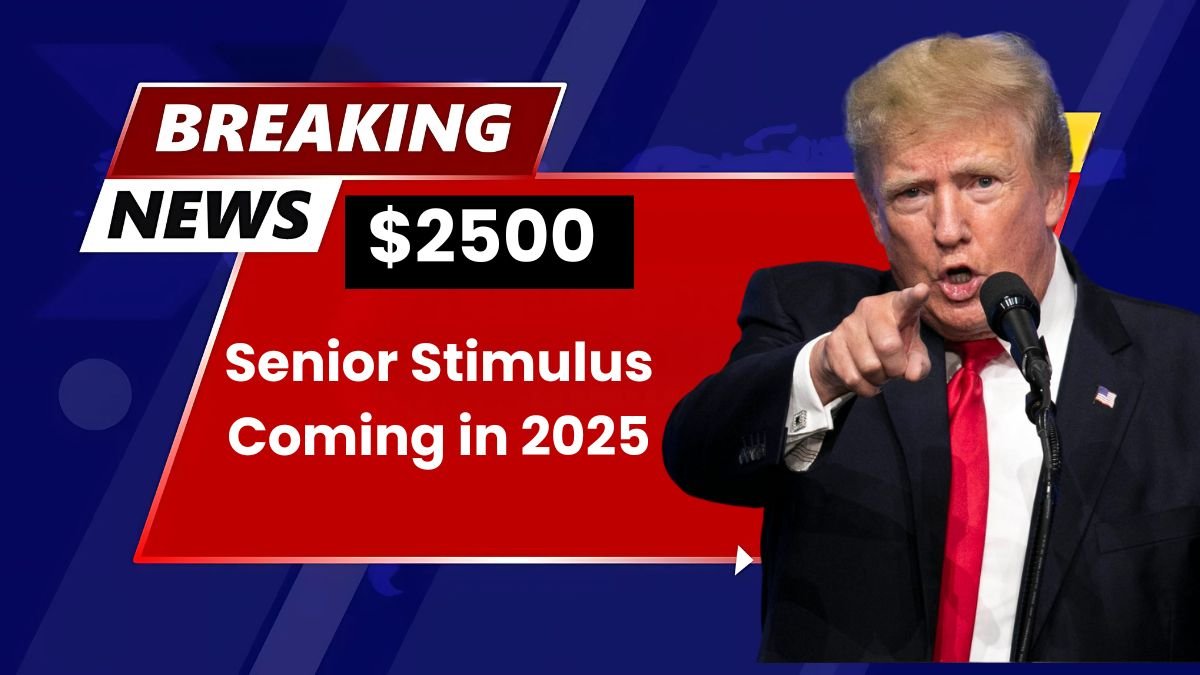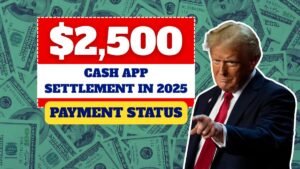$2500 Stimulus Check for Seniors in 2025: As 2025 begins, millions of senior citizens of America are looking forward to a hope – a possible direct check of $2500, which can act as a relief from rising inflation and financial pressures.If you are also one of those elderly people who are hoping for this possible financial relief, then you should understand every information related to it – eligibility, process, and from which sources reliable updates can be obtained. In this article, we will explain every aspect of this proposed scheme to you in simple language.
What is $2500 Direct Check Scheme?
This proposal is a potential financial assistance program specially designed for senior citizens of America (people aged 65 years or above). The proposal aims to provide assistance in rising inflation, health care costs and other living expenses.
This is not a regular government benefit (like Social Security), but a one-time payment. Although this scheme is still only proposed and has not received any official approval, the government and some states are considering it.
Why is the need for this scheme being felt?
Senior citizens face many financial challenges:
- Rising prices of medicines
- Health insurance and treatment costs
- Rent and living expenses
- Stable or limited income (such as dependence only on Social Security)
In such a situation, this amount of $2500 can become a big relief, especially for those who cannot increase their income and have limited savings.
What is the status so far?
- At present, this scheme has not received any final approval at the federal level. But at the state level, some places are already providing relief to senior citizens.
- Tax credits of up to $1000 in California
- Property tax relief or direct checks in states like Georgia and Michigan
- Apart from this, senior citizens also have the possibility of getting additional benefits under a process like COLA (Cost of Living Adjustment) in Social Security and Medicare.
What can be the eligibility?

If this plan is approved, eligibility can be decided on the basis of the following criteria:
- Age: 65 years or older (some proposals also include 60+)
- Income limit: As is the case with other stimulus checks, high income people can be excluded in this too.
- Annual income less than $75,000 for single filers
- Less than $150,000 for married filers
- Social Security recipient: Assuming that you currently receive benefits under SSI, SSDI or SSA, you are likely to be automatically enrolled onto this list.
- Tax filing status: The closer is your information to a recent tax filing, the more chances you will be issued a payment.
When do we get payments?

There has not been any given date. Ever since the plan is proposed, it will be subject to its ratification, budgetary allocation and political agreement. Provided that it is passed during R1 of 2025, there is a possibility that payments would be made in the middle or back of the year 2025.
Be careful — avoid rumors
Many online portals and social media are spreading misleading information about this topic. People are claiming that this payment is confirmed when it isn’t. Rely on these sources for accurate information:
- IRS official website
- Social Security Administration (SSA)
- Your state government website
How to get updates?
To get timely information:
- Subscribe to an email service about IRS and SSA
- Refresh information to the Social Security (such as address, bank account, etc.)
- Monitor televisions and updates on the government channels
- It should be checked in terms of mailboxes and portals, especially when you have already acquired SSI or SSDI
How to apply for state and federal schemes?
If you are a senior citizen, you may already be eligible for many schemes.
The application process is usually simple:
- Identify eligible scheme: Visit Benefits.gov and your state website to see the available schemes.
- Prepare documents: Such as income proof, tax returns, SSN card, etc.
- Apply online or offline
- Track the status and follow-up on time
What will be the tax impact?
Generally, such lump sum payments are non-taxable. But it will depend on how the government defines it.
Keep in mind a few things:
- Taxes may vary if your income exceeds the limit.
- Tax filing status (single, joint) may have an impact.
- It is best to consult a tax advisor.
how did this help seniors?
A California resident, Mary is 68 years old, and she received a tax rebate of $1000 from the state. This sum helped her with purchasing medicines that Medicare did not cover.John (72), from Georgia, received a property tax exemption, which reduced his monthly costs. These examples prove how timely relief can be important for the elderly.
Financial experts advise
Apart from government help, experts suggest:
Make a budget: Prioritize your monthly needs.
Emergency Fund
Conclusion:
The $2500 direct check could be a significant relief for seniors, but until it is formally approved, avoid rumors and only get information from government sources If this payment is approved, make sure you are eligible and your information is updated. Also, take advantage of whatever other assistance schemes are available and move towards a financially secure future.
FAQs
Q1. What is the $2500 senior stimulus check in 2025?
A. The $2500 senior stimulus is a proposed one-time direct payment intended to provide financial relief to eligible senior citizens in the U.S. It aims to help with rising costs such as healthcare, housing, and inflation-related expenses.
Q2. Is the $2500 stimulus check officially approved?
A. No, as of now (2025), the $2500 check is still a proposal and not an officially approved federal benefit. However, it is being considered by lawmakers as part of potential economic relief efforts.
Q5. Can this payment affect my taxes or other benefits?
A. Stimulus checks are generally non-taxable and do not count as income for most federal benefits. Still, consult a tax professional if you have concerns.


